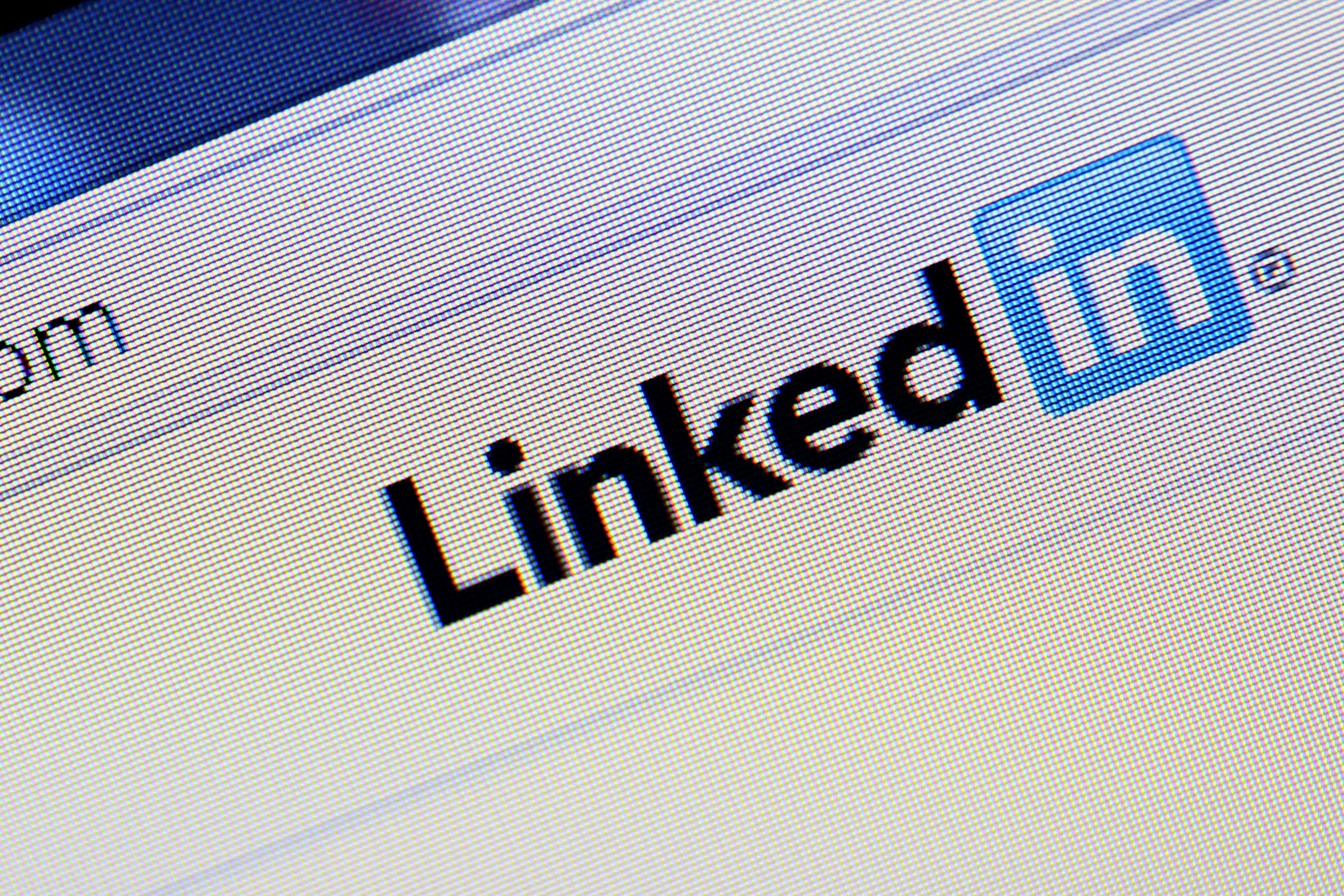LinkedIn accused of sharing users’ messages with firms to train AI
A lawsuit has been filed in California

Your support helps us to tell the story
From reproductive rights to climate change to Big Tech, The Independent is on the ground when the story is developing. Whether it's investigating the financials of Elon Musk's pro-Trump PAC or producing our latest documentary, 'The A Word', which shines a light on the American women fighting for reproductive rights, we know how important it is to parse out the facts from the messaging.
At such a critical moment in US history, we need reporters on the ground. Your donation allows us to keep sending journalists to speak to both sides of the story.
The Independent is trusted by Americans across the entire political spectrum. And unlike many other quality news outlets, we choose not to lock Americans out of our reporting and analysis with paywalls. We believe quality journalism should be available to everyone, paid for by those who can afford it.
Your support makes all the difference.LinkedIn is facing a lawsuit in the US which accuses the platform of sharing users’ private messages with third parties to train AI models.
The legal action alleges that the professional networking platform “quietly” introduced a privacy setting in August which automatically opted users into a programme which gave other companies access to their data to train AI.
The lawsuit claims LinkedIn tried to “cover its tracks” a month later by updating its privacy policy to say user information could be made available for the purpose of training artificial intelligence tools, and through an update to its “frequently asked questions” section which said opting out of the scheme did not affect AI training that had already taken place.
The lawsuit has been filed in California on behalf of LinkedIn Premium users.
Premium is the paid-for subscription on LinkedIn which gives users access to additional features including some AI-powered tools.

According to the legal filing, the lawsuit seeks 1,000 dollars (£812) per user for alleged violations of US law around data storage and California’s unfair competition law.
A LinkedIn spokesperson told the BBC that the lawsuit was made up of “false claims with no merit”.
After announcing the privacy policy update last year, LinkedIn confirmed it had paused training AI models using data from UK users following discussions with the UK’s data protection regulator, the Information Commissioner’s Office (ICO).
At the time, LinkedIn said it was not enabling AI training in the European Economic Area, Switzerland and the UK, and was also making an opt-out setting available to users in other areas who did not want their data to be used in the scheme.
The news comes as a Samsung UK boss said people won’t lose out on jobs to AI in the future, but to a person using the technology to improve their working life.
Annika Bizon, director of mobile experience at Samsung UK and Ireland, said the increasing use of AI in mobile devices would help human productivity, not replace it.
“For us, it’s all about giving you the best opportunity to use whatever you want to use in your life in the best possible way,” she told the PA news agency.
“And I think this is a really interesting point around what AI is going to do for the future because it’s going to be a level up.
“Someone said to me, do you think people are going to lose their jobs through AI? No, I think people are going to lose jobs against the person that’s using AI.
“It’s like trying to find something in an encyclopaedia versus using the internet.
“That’s the game change we’re talking about, and for me, that’s incredibly exciting.”